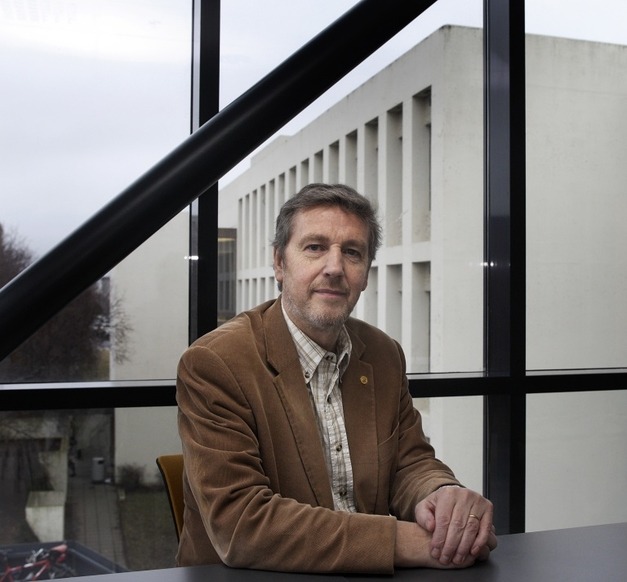Various isolated moral dilemmas connected with genetic research have been extensively analysed and discussed in recent years. A broader philosophical and ethical investigation on the influence of genetics on society and the moral sensibilities has not featured in this discourse. Vilhjálmur Árnason, Professor at the Faculty of History and Philosophy, is working on a study on this issue. He bases his study mostly on the theory of rational communication rooted in Jürgen Habermas’s theory on democracy. Icelandic society and data base research are focal points of the study.
Árnason says that his interest was sparked by his speculation on consent for data base research. “In a modern democratic society, where the environment is increasingly affected by science and technology I feel it is vital to enhance the scientific literacy of citizens and to raise their awareness of scientific matters. Two main views on citizens in the context of policy on bioethics and life sciences have been most prominent. The first one is the idea that people need to be protected from any kind of discrimination or abuse; the second that research and scientific work should deliver economic benefits for the community and its citizens.”
Árnason sees both views as important, but he also draws attention to their limitations. “They do not contain any grounds for strengthening the reflection and education of the citizens, who are viewed as passive receptors. I argue that it is imperative to find ways to enhance people’s awareness of the part science plays in modern society, and to create conditions for increased participation by citizens in policy making concerning science.”
Four main factors that are crucial to the project of enhancing science literacy are central to the study: how the authorities create conditions for an enlightened discourse on genetic research or hinder such discourse; how the education system prepares people for participation in democratic society; how the media comes into this discourse, and finally how participants are informed on the progress of research, for example on data base research. A proper combination of these factors creates what might be termed scientific awareness for citizens. Árnason continues and says: “Without scientific education and enlightenment the nation will remain a passive resource for genetic research. “
Árnason points out that Icelanders seem in many ways to lag behind the neighbouring countries in creating conditions for informed democratic decisions in this field. The results of the research are unclear since the project is ongoing.



